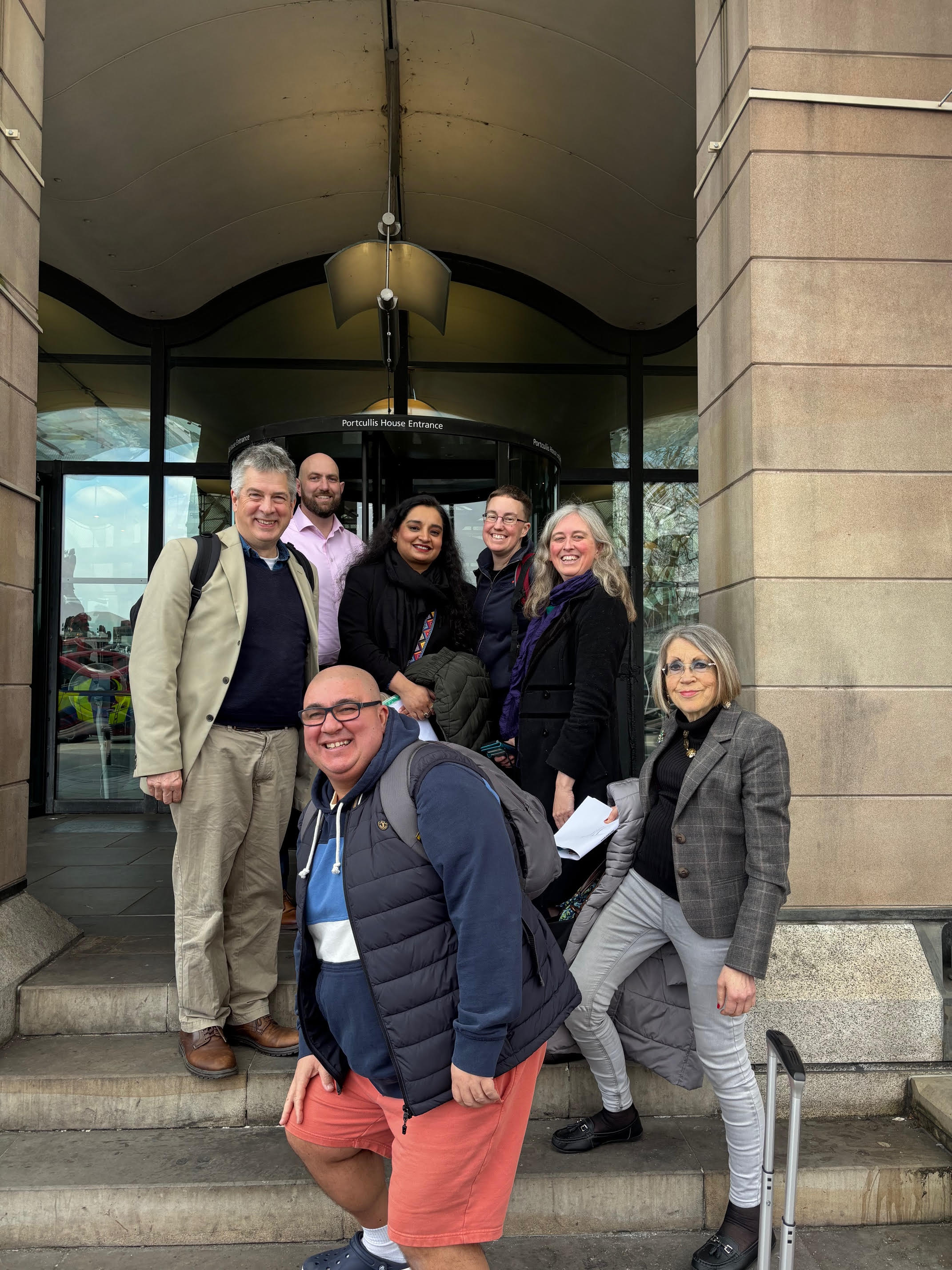Beyond Tech Experts: Public Voices Must Shape AI's Future
An op-ed written by the PVAI People’s Advisory Panel
The upcoming government spending review is likely to place a big emphasis on the potential of AI to update public services, and yet less than 25% of the population feel their views and values are represented in current decisions being made about AI. As a group of citizens from all walks of life, engaged over the last year in exploring how the public could, and should, have a voice shaping a responsible AI future, we believe that needs to change. And it can.
When we each had the first invite to participate in public engagement about AI, we were not technology experts. We’re still not. But we are experts in our own lives. By having the opportunity to learn more about the kinds of decisions AI developers make, and reflecting on how AI affects different communities, we have become certain that the lived experience and expertise of members of the public must be at the heart of guiding how AI is built and used.
Between 2024 and 2025, we formed the public advisory panel to the Public Voices in AI (PVAI) programme: a project of Responsible AI UK. Some of us had previously participated in the People’s Panel on AI, organised alongside the 2023 UK AI Safety Summit, or in the Royal Academy of Engineering’s People’s AI Stewardship Summits. Others of us brought experience thinking about AI in healthcare through patient involvement projects. Our small group includes men and women, parents and grandparents, urban and rural residents, employed and retired, and people working in a range of different sectors. Some of us use AI everyday across many devices. Others of us choose not to get a smartphone. We all recognise the exciting possibilities of AI, but are worried about the current path it is on. The voices and views driving the AI agenda, and as a result, the solutions we are offered are far too narrow. In particular, we are concerned about the impacts of AI on education: where we see tech being used without enough thought about its impact on young learners.
AI is still an emerging technology and we want all citizens to be able to shape its future. For this to happen, the government must inform the public about AI. Other countries around the world have national education programmes on AI: why not here? During the PVAI project we worked with researchers to help in the design of an engaging cartoon strip presenting key information about AI, and public attitudes towards it. Accessible learning resources like this need to be far more widely available.
Debates about the future of AI are not just for techies or urban elites. In coming together from different backgrounds we reflected on how AI and its impacts are received differently by the different communities we are part of. We talked about the need to listen to older people, who may be concerned about a loss of human connection when services they use introduce AI. We explored the particular ways in which AI tools might be perceived in South Asian communities, and the different dynamics of technology trust to take into account when thinking about AI-driven healthcare. And we reflected on the need to hear from the North of England, Northern Ireland and all other parts of the country, not just London and the South East.
Engaging with the public is a shared responsibility in any organisation thinking about using AI. It needs business leaders, compliance officers and project managers to be part of real dialogue with the public: able to champion a human-centred approach to change. Young engineers in particular, coming into their careers seeking to change the world for the better, need the opportunity to connect with the people their innovations will serve. Good public engagement isn’t just about market research or asking people what they want. Good engagement involves thinking together through the consequences of design decisions with the people who will be affected: keeping a focus all the time on vision, values, and the so-what question of any new technology. Only then can we be sure AI will make our lives better.
As a group, we’ve each been on different journeys in our attitudes towards AI. Some of us have become more optimistic, others have become more concerned. We need to recognise that people will respond to opportunities to give their views on AI in different ways: some will want to embrace it, others react against it, and others may not be interested in getting involved at all. However, all these views should be respected. We only have real choice about AI if we can also choose whether or not to participate.
We want a future where AI is working in our interests. Researchers, product creators and politicians have a responsibility to create that future. But they can’t do that unless the public are empowered to be part of the journey. Although the Public Voices in AI programme has come to an end, we’ll each continue to bang the drum for an AI future based on informing and engaging with everyone.
Co-authors from the People’s Advisory Panel (2024-2025)
- Margaret lives near Lancaster, is a retired librarian and now works in a local cafe
- Sharif lives in Leeds and is a full time carer
- Farheen, lives in Liverpool and as a housewife, she is interested in AI projects (PVAI) because AI can simplify household tasks, enhance family well-being, and offer new learning opportunities
- Adam lives in Kent and is a consultant wargamer
- Cameron lives in Belfast and is a Technical Manager for an innovative water heating company

